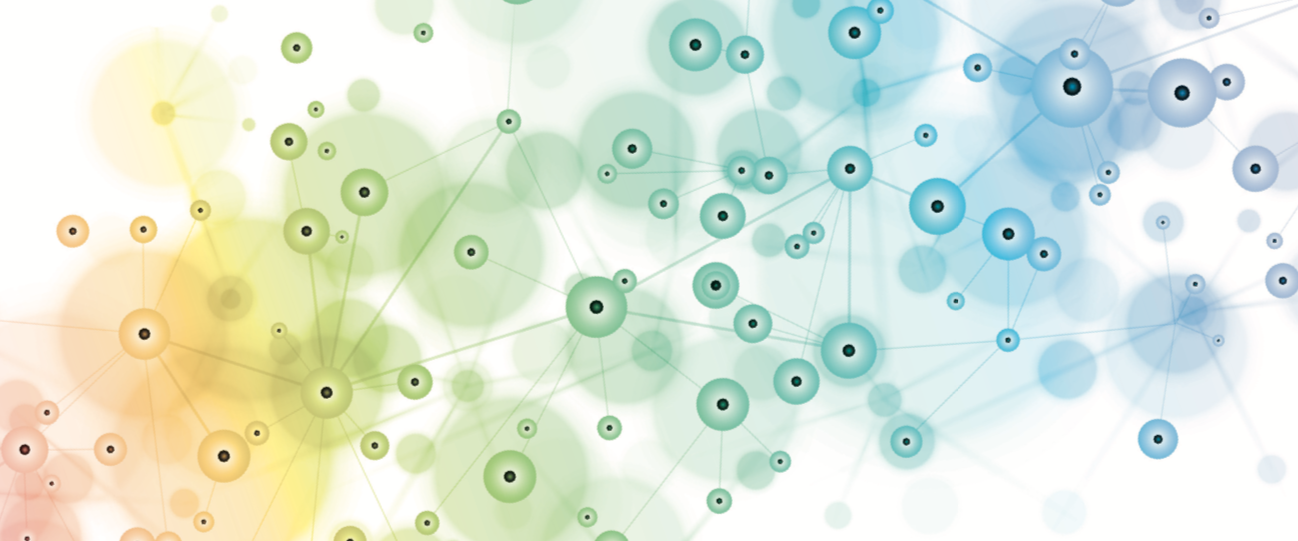Grid Agenda (pdf) • Participant Roster (pdf) • Plenary Talk • Tech Tips • Virtual Posters
Open Networking Topics • Virtual Lounge (webex) • Working Groups
• Workshop Assignment Rosters (pdf) • Parking Lots • PNM Home
Open Networking
Sunday, 4-5:30 PM
Group Name/Facilitator(s)
Awareness of Microaggressions and Tools to Support Underrepresented Groups in Science (Grimes and Lovitt)
Environmental Science Activity Development (Fish)
Introduction to eSeries 2020-2021 (Pearson)
Lessons for the United States from teaching POGIL in developing nations (Lehman)
Doing POGIL Labs Remotely (Garoutte)
Supporting POGIL teams in Synchronous and Asynchronous Online Environments (Gravelle, Hoffman, Roque)
Using POGIL in Communications and English/Language Arts (Kitts and Hoffman)
Talk with POGIL Plenary Speaker Dr. Sandra Laursen about Levers for Change (Laursen)
Description
In this session attendees will reflect on microaggressions that occur in a POGIL classroom and identify strategies to address and reduce the impact these microaggressions.
Discussion of the development and review of a collection of activities for college, non-science majors, environmental science courses.
Join us for a preview of the schedule of topics and open discussion about the upcoming eSeries.
POGIL workshops and materials must be more effective in all settings. For example urban and rural schools with limited resources, the range of English fluency, use of non traditional teaching methods and the barriers these pose.
Sharing ideas about how to move existing POGIL experiments online or develop new remote POGIL laboratory experiences. Video link https://youtu.be/awxq8gYDBBA
How can synchronous and asynchronous online learning environments support the core POGIL approach of students working in self-managed teams to practice process goals and learn content?
In this session, we will brainstorm learning objectives and appropriate models for POGIL activities in Communications and English/Language Arts.
Spend some more time with our plenary speaker Sandra Laursen discussing her topic "Levers for Change" and how it applies to POGIL.
Zoom Link
https://washington.zoom.us/j/96541755796
Meeting ID: 965 4175 5796
https://us02web.zoom.us/j/86771379386?pwd=NEp2RlFxeVR1VWx5eVlCRGR0Uy9nQT09 (only goes from 4-4:45 PM)
https://us02web.zoom.us/j/87668541197
Meeting ID: 876 6854 1197
https://us02web.zoom.us/j/2849925504?pwd=UTlld2w2TGVQTllKRXY3b0hLazBVdz09
Meeting ID: 284 992 5504
Password: Torah
https://zoom.us/j/94127796429?pwd=b29wdE5xMGZjVzRVTXMyT3BxOHIydz09
Meeting ID: 941 2779 6429 Password: 998536
https://us02web.zoom.us/j/89677328187?pwd=cjV1NmlTU0tkNzhxMm04L2hpckJZQT09
Meeting ID: 896 7732 8187
Password: 215435
https://us02web.zoom.us/j/86270243377?pwd=RVpITkZLdFZvZWhJTXJ1MU1tZmpudz09
Meeting ID: 862 7024 3377
Password: YellowM&M
